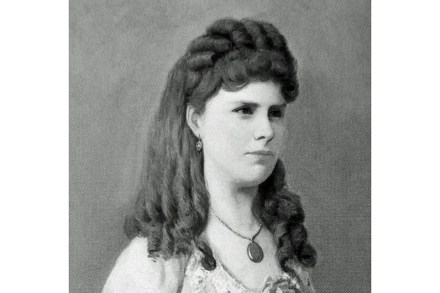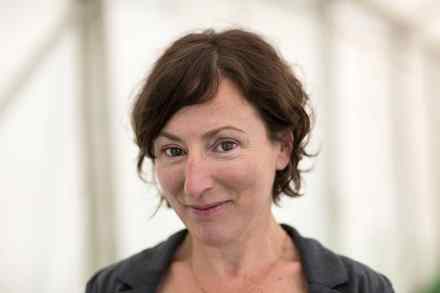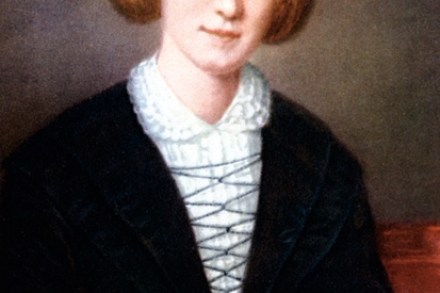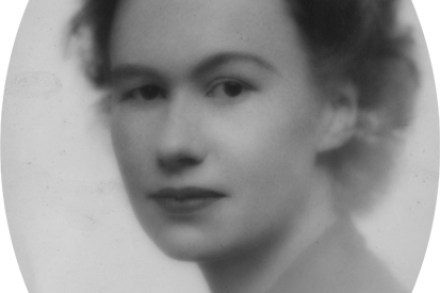No one could match Tess, to Thomas Hardy’s dismay
In her disillusioned later years Thomas Hardy’s first wife, Emma, bitterly reflected: ‘He understands only the women he invents – the others not at all.’ In Hardy Women, Paula Byrne sets out to recover the stories of the women in his life ‘who did not have a voice and who were often deliberately omitted from












